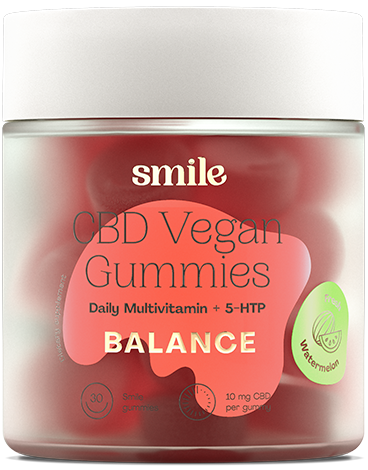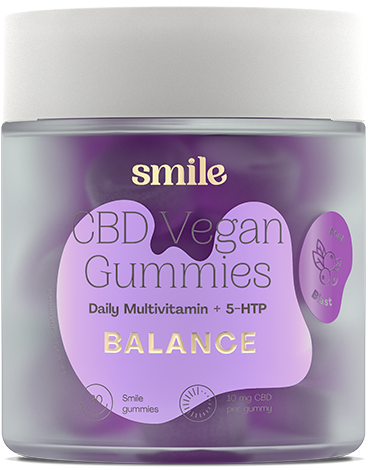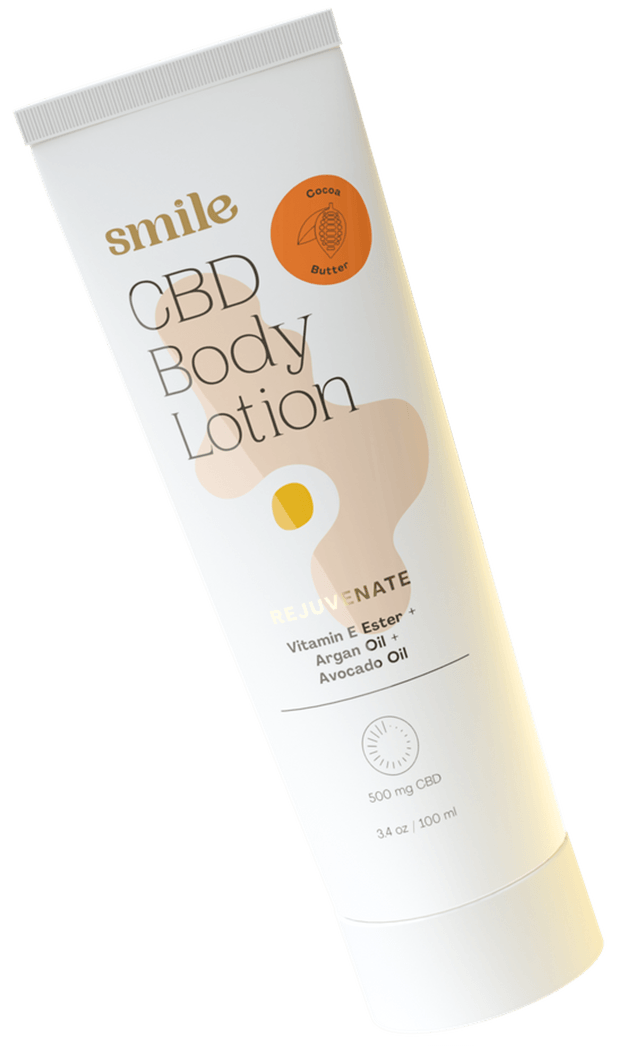Your body can’t make zinc, an essential nutrient, on its own. That’s why you need to provide your body with a constant supply of zinc through your diet. After iron, zinc is the most abundant trace mineral in the body and can be found in every single one of your cells.
Zinc is vital for the healthy functioning of those cells, since it supports the acitivity of hundreds of enzymes related to metabolism, digestion, nerve function and numerous other functons and processes.
Zinc is also central to the development and function of immune cells, and it plays a major role in the process of healing from wounds. Zinc helps your cells communicate when your immune system spots an intruder. It’s a stimulant to immune system cells in particular, making them work harder and faster to help you recover from sickness. For example, a meta-analysis of several studies found that a daily dose of 80-92 mg of zinc may reduce the length of the common cold by up to a third.
The mineral and essential nutrient zinc is a foundation of healthy skin, helping to produce proteins that keep your skin soft and supple.
If you’ve ever suffered from a burn or other skin injuries, you know that hospitals commonly use zinc to treat them. And if you’ve ever struggled with acne, know that both topical and oral zinc treatments can reduce acne by reducing inflammation and inhibiting the growth of bacteria.
Zinc can do all of this because it helps boost the synthesis of collagen, immune function and inflammatory response, three ingredients that are essential for proper healing from wounds and recovering from skin disease.
In fact, nearly 5 percent of your body’s entire zinc content is held within your skin. Therefore, a deficiency in this essential nutrient can slow healing and reduce the overall health of your skin.
Studies also suggest that zinc may significantly reduce the risk of several age-related diseases, including pneumonia, infection, and age-related macular degeneration (AMD). In one large study, people taking daily antioxidant supplements along with 80 mg of zinc experiences decreased loss of vision and significantly reduced the risk of advanced AMD.


